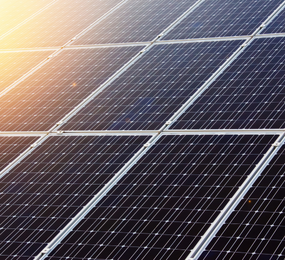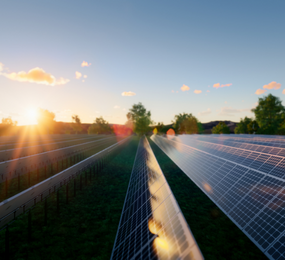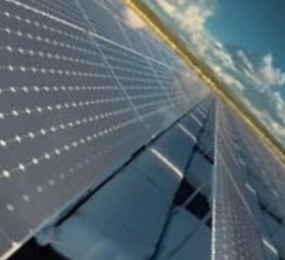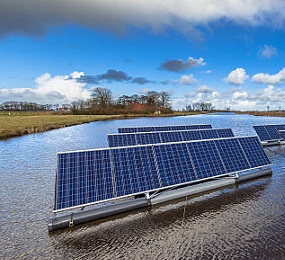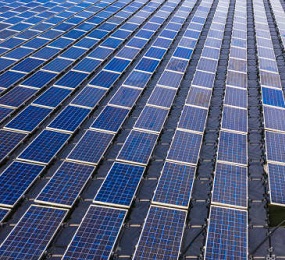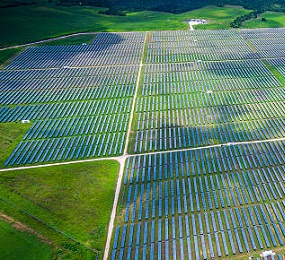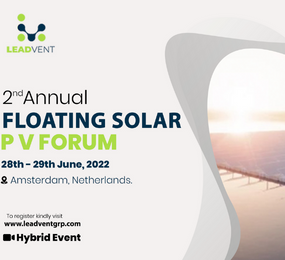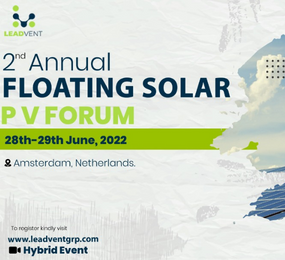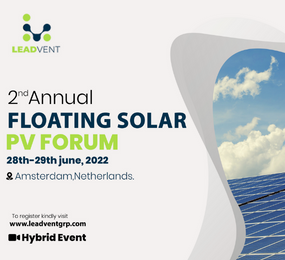The integration of floating solar with aquaponics presents a synergistic approach to sustainable food and energy production, harnessing the power of sunlight to support thriving ecosystems both above and below the water's surface. This innovative combination maximizes land use efficiency, enhances resource conservation, and promotes self-sufficiency in food and energy, offering a holistic solution to address the challenges of food security and renewable energy transition.
Floating solar platforms provide an ideal foundation for aquaponics systems, utilizing otherwise unused water surfaces to support crop cultivation and fish farming. By combining these two technologies, farmers can maximize land use efficiency, reclaiming valuable space for food production while simultaneously generating renewable energy. This integration allows for the cultivation of a diverse range of crops and fish species, optimizing productivity and diversifying revenue streams.
The synergy between floating solar and aquaponics extends beyond land use efficiency to encompass resource conservation. Aquaponics systems utilize a closed-loop ecosystem where fish waste provides nutrients for plant growth, while plants help purify the water for the fish. By leveraging this natural symbiosis, farmers can minimize water consumption, reduce nutrient runoff, and conserve resources while producing nutritious food and renewable energy in a sustainable manner.
The integration of floating solar and aquaponics promotes self-sufficiency in food and energy, empowering communities to produce their own resources in a decentralized and resilient manner. By generating renewable energy onsite, farmers can power the pumps, lights, and other equipment needed to operate the aquaponics system, reducing dependence on external energy sources and mitigating electricity costs. Additionally, by producing fresh produce and protein-rich fish locally, communities can enhance food security, improve nutrition, and reduce reliance on imported food.
Floating solar-aquaponics integration fosters environmental stewardship by minimizing environmental impact and promoting sustainable farming practices. By utilizing renewable energy and closed-loop ecosystems, farmers can reduce greenhouse gas emissions, conserve water resources, and minimize waste generation, contributing to a more resilient and sustainable food and energy system.
The integration of floating solar with aquaponics offers a synergistic approach to sustainable food and energy production, harnessing the power of sunlight to support thriving ecosystems above and below the water's surface. By maximizing land use efficiency, enhancing resource conservation, and promoting self-sufficiency in food and energy, this innovative combination holds great promise for addressing the challenges of food security, energy transition, and environmental sustainability in the 21st century.
To register or learn more about the Forum please check here: https://bit.ly/46Vw6nm
For more information and group participation, contact us: [email protected]


